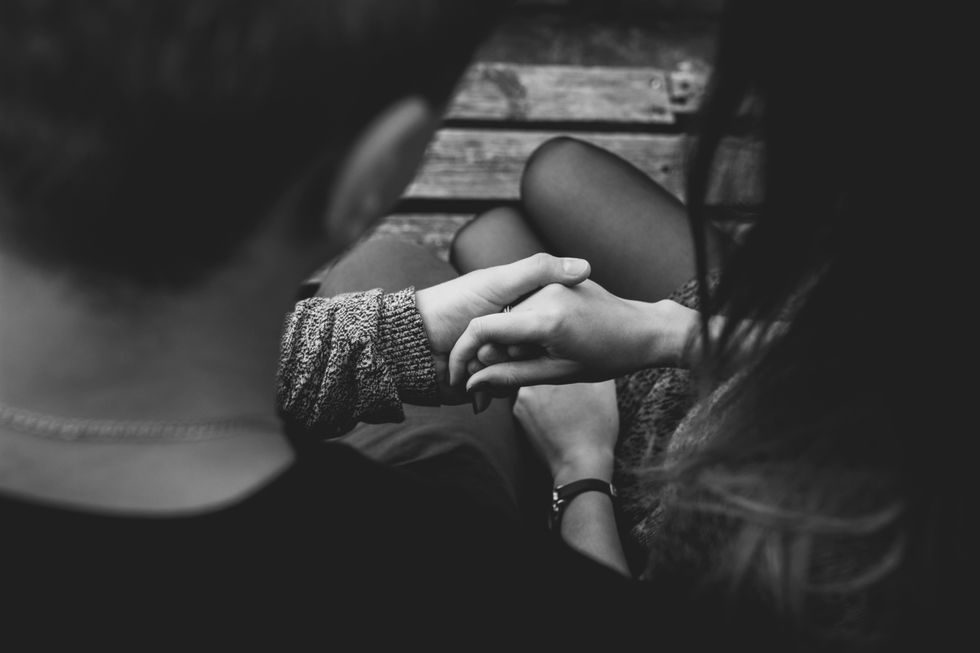"We all make mistakes."
While some may say that this phrase has been used so much that it barely has any meaning anymore, I think we all still need to remember the purpose of it. It exists to remind us that we have no right to judge someone who has a moment of weakness because, whether we like to admit it or not, we've all been there. We've all told a secret that we shouldn't have, gotten caught in a lie or done something that was wrong. That doesn't mean we are all untrustworthy liars who can't do anything right.
Often, we feel like we have to try to fix the problems that our mistakes cause, even though there's usually nothing we can do. It's hard to figure out the best way to apologize or to make up for what you did, but how you choose to do this can make or break the way that others see you from now on.
I cannot stress enough how important it is to prioritize the feelings of those involved. Never, ever, make them feel like they are at fault for feeling a certain way. They have every right to be offended, angry or disappointed in you because of your actions.
Don't use the fact that you made a mistake as a way to get people to feel sorry for you. That's such a manipulative move. It's just plain annoying.
Doing good deeds to make up for the bad thing that you did is one of the best ways, in my opinion, to make up for your mistakes. Don't, however, broadcast the good that you're doing just to get attention.
Don't hate yourself for making a mistake -- there's no way to turn back time. All you can do is make an effort to make things right. However, you have to be careful how you do this. There are plenty of ways to make your apology seem less authentic than you intended.
Most importantly, know what to look for. The way that someone acts after the world learns of something they did wrong shows their true character. It shows whether they truly care about you, or whether the most important thing to them is their own image. There's no one way to tell what someone's character is like. All we can do is keep our eyes open.








































